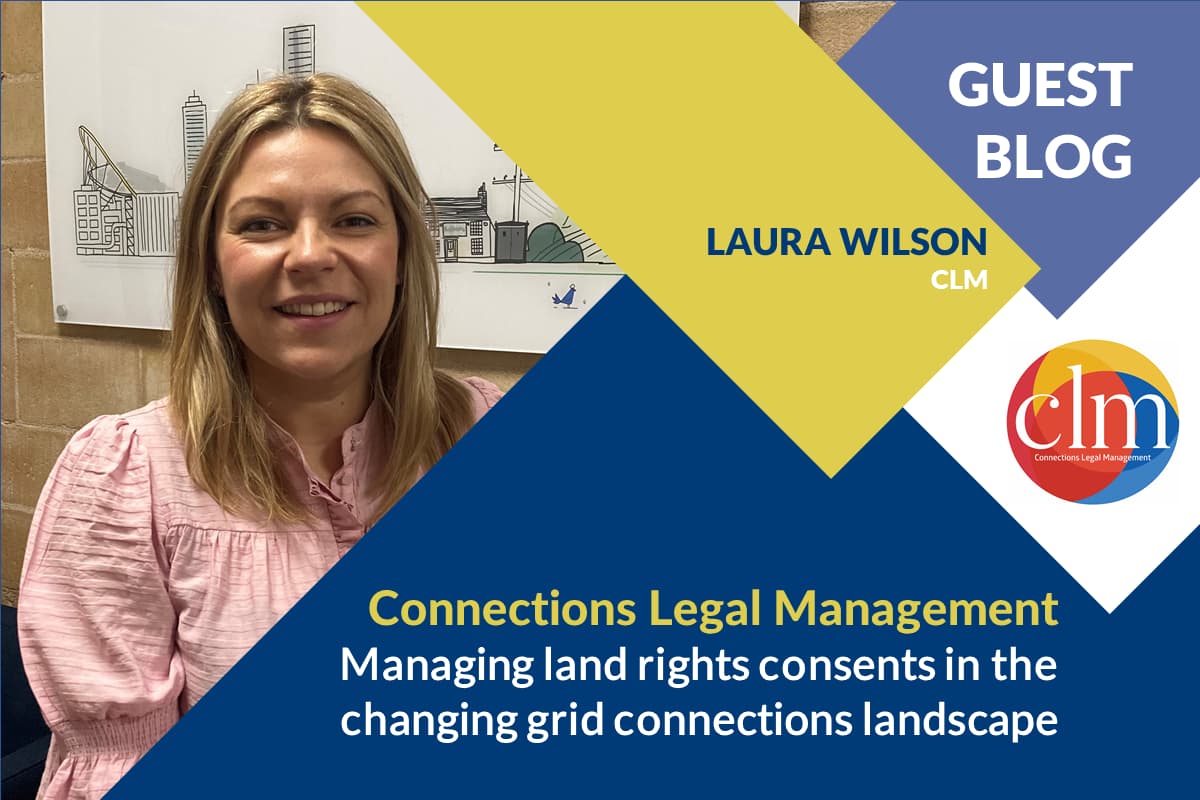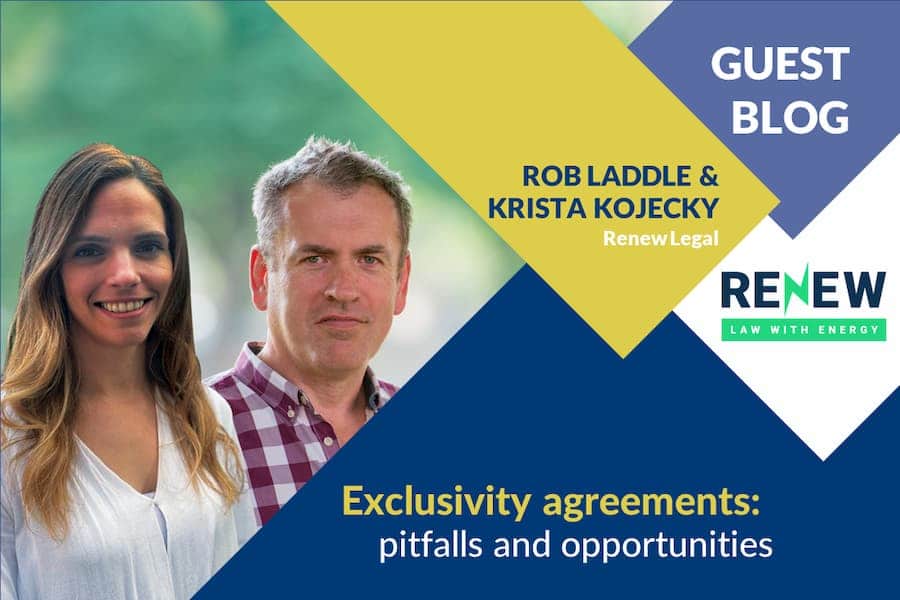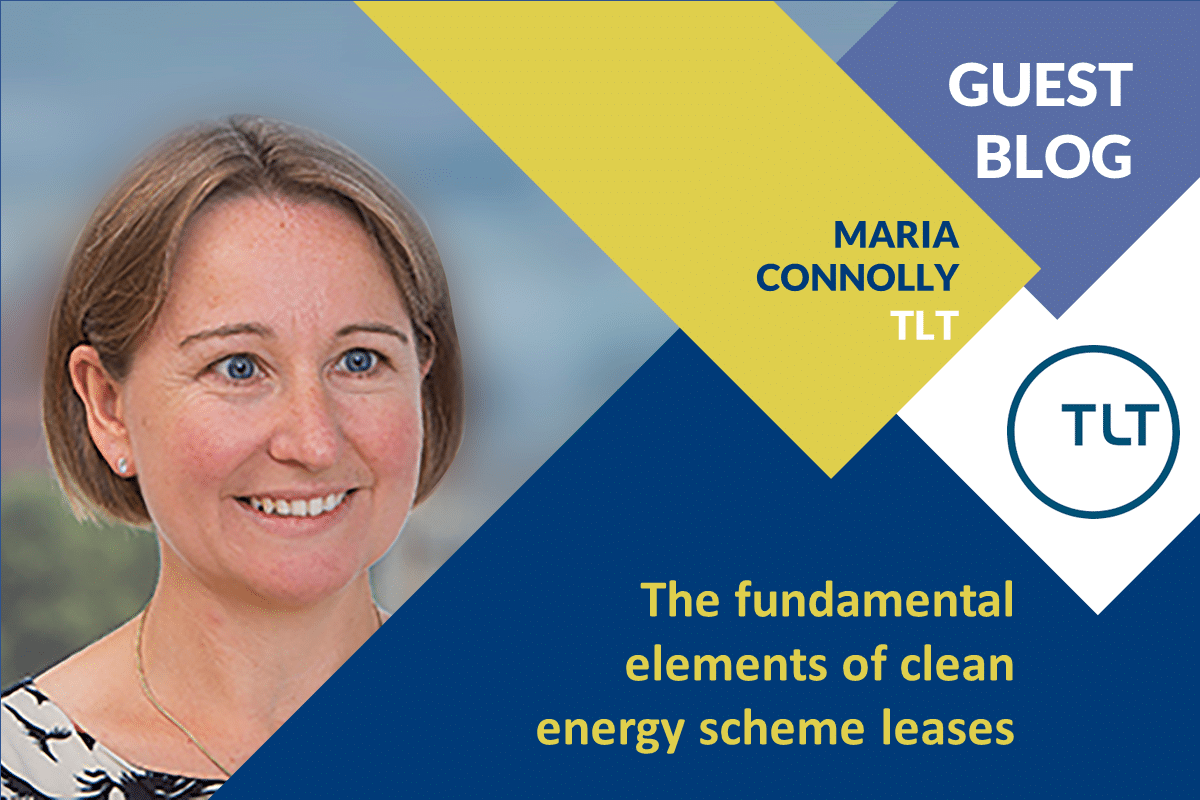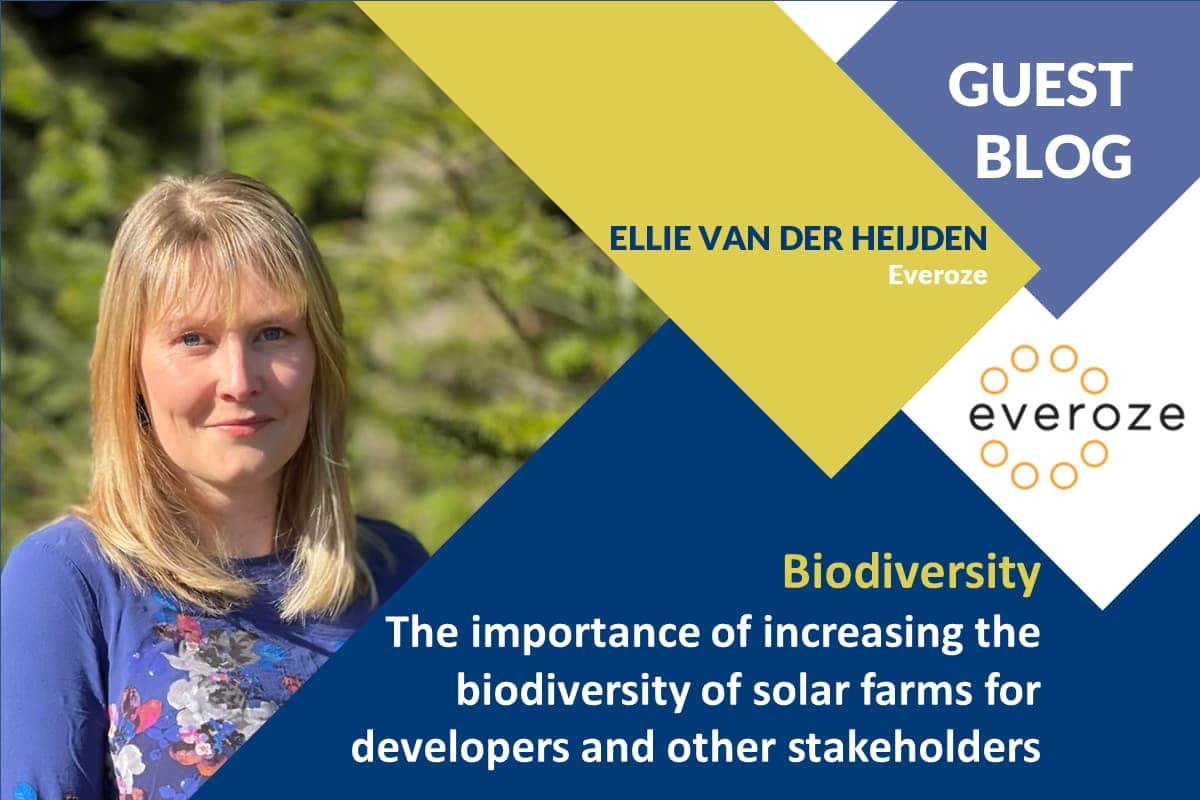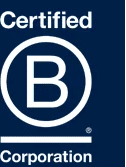Managing land rights consents in the changing grid connections landscape
Hugh Taylor spoke to Laura Wilson, Director at Connections Legal Management (CLM), about how the rapidly changing grid connections industry is impacting on the demand for land rights legal management and the specialist services that developers of energy schemes are seeking.
Hugh: Please tell us a little bit about CLM and your experience
Laura: Connections Legal Management (CLM) act on behalf of statutory undertakers, connection providers and private landowners. We manage the negotiation and legal completion of easements, land acquisitions, wayleaves, and consents, associated with new electricity, gas and water connections.
On leaving school and studying law at college, I worked full time whilst ‘training on the job’ to become an Easement Officer. I then completed my Estate Management degree at The College of Estate Management and was promoted to Senior Easement Officer.
My career took me to Savills, where I became their Capital Programme Assistant. Recognising a gap in the legal market, I carved a role for myself as New Connections Manager, responsible for managing the new connections business within the utility team and working with electricity and gas connection providers to procure the legal rights. I recognised my extensive skills in negotiation and background in feasibility studies, land acquisition and lease administration to start CLM in 2014.
I am fortunate to work with my husband, Hamish who is also a CLM director. We have two wonderful daughters, who have also taught me so much already; largely that there is no better negotiator than a child at bedtime!
Hugh: The connections industry is changing rapidly. How are these changes impacting the demand for your services?
Laura: Projects are getting bigger and the sites we are working on are often industrial and commercial based. Understandably, the power requirements for these are so much bigger than they were ten years ago; largely due to the growth in technology and the growth of logistic sites.
For example, you only have to look at how much Amazon has grown in the last five years. We are increasingly working with companies who are building large industrial units for super-warehouses, for the likes of Amazon, DPD, ALDI and Lidl. Due to their high power requirements, connections are typically going back to the major primary substations, often kilometres away. Because of that, more consents are required, and more often.
Hugh: Your expertise and service is very specialised, and energy scheme developers have traditionally use in-house generalists for third party consents. If demand for your services is increasing, developers must be catching on to the difference a specialist can make?
Laura: Yes, our expertise is very specialised, and developers are starting to recognise this. By having a dedicated resource in giving that specialist support, it does pay off. Gone are the times where you could get an easy electricity connection for an industrial site, so having us on board is really helping our clients.
CLM is increasingly being brought into projects which are of a specialist nature and often with a degree of urgency requiring customer-focused, tailored solutions. One thing we are hearing a lot, is that the electricity industry and networks can be quite rigid. Therefore, having CLM in place, an independent company who understand the networks processes, who can chase and obtain the relevant information, as well as provide additional customer service, is seen to provide real and measurable value to a project.
It isn’t a case of just opening road notices, it’s dealing with:
• offsite consents for the adopting network
• Environment Agency permits
• Canals and Rivers Trust
• Network Rail
As these areas are of a specialist nature it has impacted the demand for our service because we are able to provide that dedicated resource to getting these things delivered.
Hugh: How does your independence – you are not an ICP or IDNO – work for your clients?
Laura: As CLM is not aligned to any one network we are able to give an industry overview taking the best practise from all the networks that we work with in order to provide a bespoke tailored solution for the end developer. We’re happy to work with the developers directly, we don’t have to just speak to the ICP which is not something that networks tend to do. We are happy to speak to solicitors and surveyors, and because we are independent, they are all happy to speak to us as well.
Having our independence allows us to sit on energy boards; for instance, I am a member of the SSE stakeholders panel, I am also able to advise the Department for Business, Energy and Industrial Strategy (BEIS) in relation to the implications of recent Net Zero-related Government policy. In turn we are then able to provide specialist advice and support to our clients relating to these matters.
Hugh: If there was one piece of advice you could give to developers, what would it be?
Laura: It would be to take electricity connections seriously. Get specialist support on board at the design stage. CLM offer route proving, which is looking at what is adopted highway, what isn’t and where are areas of private land. We do this for some clients at tender stage so that they are going into a contract award knowing what the risks are. They are also able to highlight the risks to their client/end developers so they are under no illusion that the supply is going to be challenging or that there may be obstacles that we need to overcome. Certainly ‘time’ and ‘route proving’ will save a lot of time moving forward.
Contact
For more information on the services CLM provide, please contact Laura at laura@clm-ltd.co.uk

